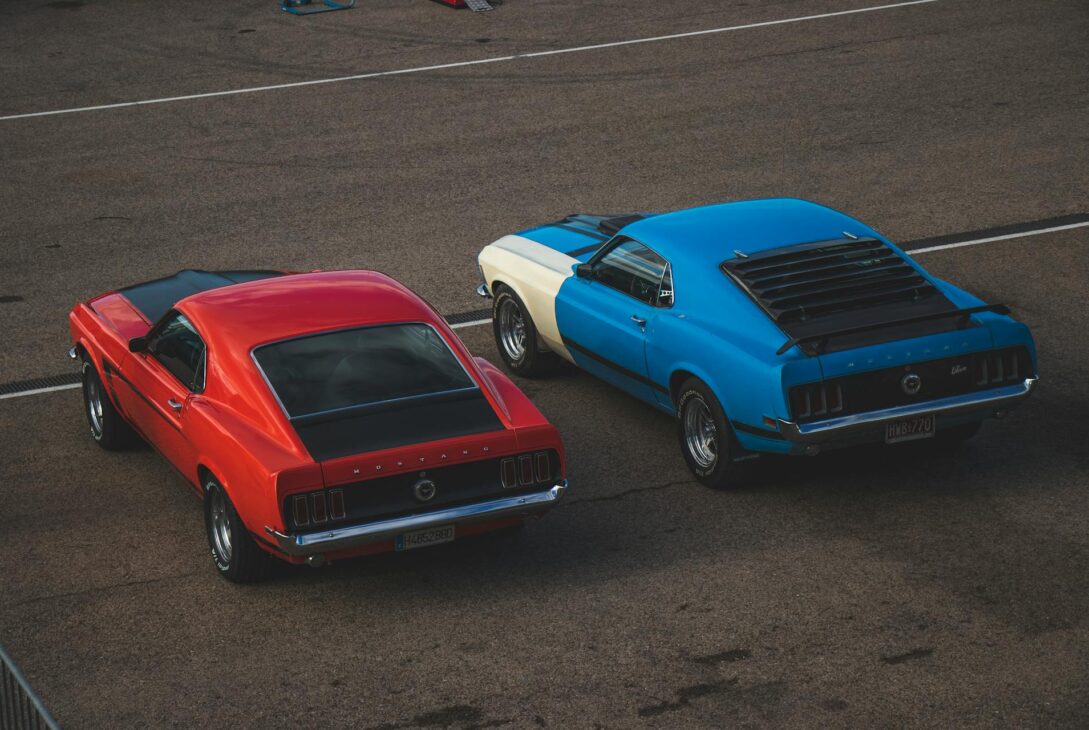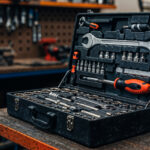Japanese car auctions are famous for offering high-quality vehicles—including rare JDM classics—at unbeatable prices. But despite their popularity, many myths and misconceptions still surround the process of buying from them.
If you’ve ever thought about importing a car directly from Japan, this blog will help you separate fact from fiction by busting the most common myths about Japanese car auctions.
🚫 Myth #1: Japanese Auction Cars Are Junk
✅ Fact: Most auction cars in Japan are in excellent condition.
Japanese car owners are known for meticulous maintenance and low annual mileage. Cars must also pass Japan’s strict Shaken (roadworthiness) tests, which pushes many people to sell still-perfect vehicles just to avoid inspection costs.
Auction sheets even include:
Exterior & interior grades
Accident history
Detailed vehicle condition reports
🚫 Myth #2: Only Dealers Can Buy From Auctions
✅ Fact: While only licensed dealers can bid, anyone can buy with the help of an exporter.
You can’t bid directly unless you’re a registered Japanese dealer, but there are thousands of licensed exporters who bid on your behalf, ship the car, and help with all paperwork.
So yes—you can still buy like a pro, just through a trusted middleman.
🚫 Myth #3: You Don’t Know What You’re Getting
✅ Fact: Japanese auctions are highly transparent.
Every vehicle comes with an auction inspection sheet that shows:
Mileage (verified)
Body condition (with a diagram of dents/scratches)
Mechanical notes
Repair history (if any)
Some exporters even offer translated sheets, live videos, and pre-purchase inspections.
🚫 Myth #4: Auction Cars Are Always Cheaper Than Dealers
✅ Fact: They can be cheaper—but not always.
Auction prices are often lower than dealer lot prices, especially if you’re buying a car in less demand. But:
Fees (agent, auction, export)
Shipping and import duties
…can add up quickly.
So yes, you save—but it’s not always “half the price” as some YouTubers claim. Think value, not just cheap.
🚫 Myth #5: It’s a Risky and Complicated Process
✅ Fact: It’s only risky if you work with unverified exporters or don’t understand the process.
The key is to:
Choose a reliable auction agent/exporter
Understand your country’s import rules
Read the auction sheet carefully
With the right support, it’s a safe, professional, and rewarding way to buy cars—many importers do this every day.
🚫 Myth #6: You Need to Pay the Full Amount Upfront
✅ Fact: Most exporters only ask for a deposit first.
Typically, you:
Pay a deposit (usually $500–$1000) to secure bidding
Pay the full amount only after winning the auction
Then pay shipping and clearing costs
There are also escrow services available for extra safety.
🚫 Myth #7: All Cars Are Old and High-Mileage
✅ Fact: Japanese auctions offer all types of vehicles.
You’ll find:
Fresh 2020+ models
25-year-old JDM legends
Kei cars with 20,000 km
SUVs, vans, hybrids, and luxury cars
There’s something for every budget and purpose—you just need to search smart.
✨ Final Thoughts
Japanese car auctions are not as mysterious or risky as many people think. In fact, they are one of the most reliable, transparent, and efficient ways to buy high-quality used vehicles.
By working with a trusted exporter, learning to read auction sheets, and understanding your country’s import process, you can confidently join the thousands of people who buy amazing vehicles from Japan every year.










